NIHT Topaiyo REDD+ Project - Papua New Guinea
Overview
The NIHT Topaiyo REDD+ Project stands as a critical intervention in the escalating crisis of deforestation in Papua New Guinea, a nation that, as of 2014, became the largest exporter of tropical timber wood. In the face of losing 1.4% of forested land annually—a loss that not only impacts 5% of the world's biodiversity but also a vast carbon sink—the project emerges as an urgent and necessary response. This initiative, in collaboration with the traditional landowners of New Ireland and East New Britain, pivots away from the historical trend of industrial timber expansion by preserving the region’s rainforests. With an ambitious goal, NIHT Topaiyo REDD+ is projected to cut nearly 60 million tons of CO2 emissions over its 30-year lifespan, leveraging conservation and sustainable management to foster ecological and community resilience.
The project's strategy includes forest patrols, inventories, and sustainable management to maintain forest integrity. It upholds a unique position to halt unsustainable timber harvesting and become a conservation leader in Papua New Guinea, where commercial logging and subsequent forest loss have contributed significantly to global GHG emissions. By providing an alternative livelihood through carbon finance, the project aligns itself with the aspirations of the local communities, striving to elevate social and economic conditions in some of the most remote and impoverished regions of the country.
Click here to find out more about this project.
Why did we choose this project?
Climate and Biodiversity Protection: The project is poised to generate over 60 million tons of CO2 emissions reductions, preserving critical habitat for global biodiversity and acting as a significant carbon sink.
Community Empowerment and Economic Development: By diverting from industrial logging to carbon finance, NIHT Topaiyo REDD+ injects financial support into local clans, empowering them to partake in conservation efforts and sustainable livelihoods, thus fostering regional economic growth.
Sustainable Forestry and Land Use: Situated under VCS Sectoral Scope 14 for Agriculture, Forestry, and Other Land Use, the project combats deforestation and forest degradation through planned sustainable land management, thereby contributing to global efforts in sustainable forest conservation and responsible land stewardship.


